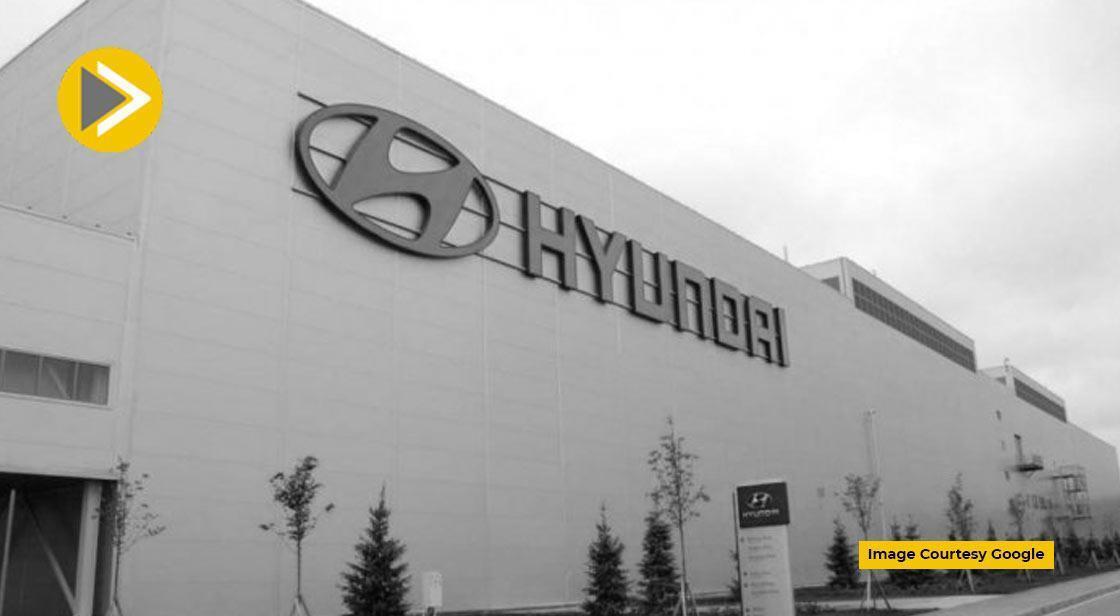Hyundai Forms Tariff Task Force, Moves Part of Mexico Production to U.S.

News Synopsis
Hyundai Motor has launched a dedicated task force aimed at countering the impact of newly imposed U.S. tariffs on automobiles and auto parts. The announcement comes in response to recent trade tensions, with the automaker seeking ways to shield its operations and financials from increasing economic pressures.
The new task force, formed earlier this month, will develop strategies to mitigate tariff-related costs. Key among its goals is boosting the use of locally sourced components for vehicles assembled in the United States.
Production of Tucson Shifted to Alabama
In a significant move, Hyundai has started shifting production of some of its Tucson crossover SUVs from Mexico to the United States. The vehicles are now being assembled at the company’s Alabama factory, part of a broader strategy to localize production and reduce reliance on imports.
Although the shift only affects about 16,000 units—the number of Tucsons built in Mexico last year—it marks an important step in Hyundai’s long-term plan to strengthen its U.S. manufacturing footprint.
Exploring Additional Production Relocation
Alongside the Mexico-to-U.S. shift, Hyundai is also evaluating whether to relocate production of some U.S.-bound models from South Korea to other regions. This consideration underscores the automaker’s vulnerability, as approximately two-thirds of its U.S. vehicle sales currently come from imported units.
Tariff Pressures Prompt Strategic Moves
The move comes as the U.S. administration, under President Donald Trump, enforces 25% tariffs on automobiles and prepares to extend the same duty to auto parts by May 3. These tariffs threaten to increase vehicle prices and dampen demand in one of Hyundai’s most critical markets.
Hyundai, along with its affiliate Kia, is especially exposed. The duo is the third-largest auto group globally and derives roughly one-third of its global sales from the U.S. alone, according to Korea Investment & Securities.
$21 Billion U.S. Investment Plan Underway
In addition to the task force, Hyundai is acting on a previously announced $21 billion investment plan in the U.S., unveiled during a White House meeting with President Trump last month. Part of this investment will go toward ramping up production at Hyundai’s new facility in Georgia.
However, while long-term investments signal commitment, the automaker admits that short-term adjustments will take time, and the tariffs could still cost the group billions of dollars in the interim.
Inventory Management and Price Control
To counter potential sales dips, Hyundai has frontloaded vehicle shipments to the U.S., leading to an inventory buildup of 3.1 months in North America. The company also plans to freeze sticker prices on current models until June 2, after which it will manage pricing more dynamically based on market conditions.
Favorable Currency Offsets Tariff Burden
Despite external pressures, Hyundai reported a 2% rise in Q1 operating profit, reaching 3.6 trillion won ($2.5 billion). A weaker South Korean won contributed significantly, adding about 601 billion won to the company’s bottom line. This gain offset higher incentives offered in the U.S. and Europe and softer sales of high-margin SUVs.
Moreover, Hyundai saw a 40% increase in hybrid vehicle sales, further boosting profitability. While total U.S. vehicle sales to dealerships grew 1%, retail sales surged by 11%, as consumers rushed to make purchases ahead of anticipated price hikes.
Annual Guidance Reaffirmed
Hyundai has maintained its 2025 annual guidance, expecting 3-4% revenue growth and an operating margin of 7.0-8.0%. Despite global uncertainties, the automaker appears confident in its financial trajectory for the year.
Talks with GM and Future Collaborations
Hyundai also confirmed that discussions with General Motors are ongoing regarding potential collaboration in response to evolving trade policies. Although details remain confidential, the partnership could involve electric commercial vans and pickup trucks in North America, as reported by Reuters.
The company hinted that more information on this partnership could be revealed in the near future.
You May Like









